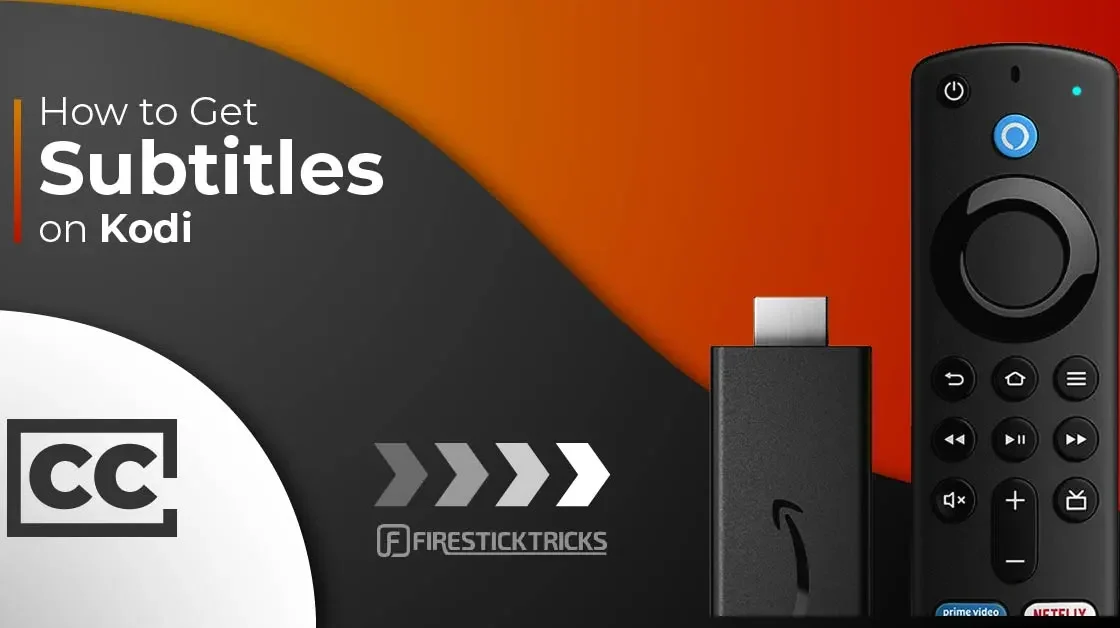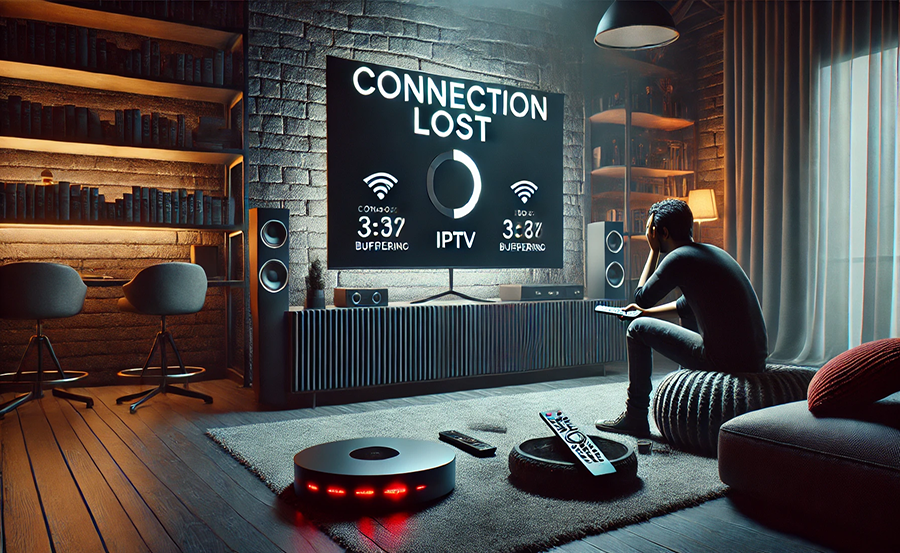
The world of television and video content has evolved dramatically over the past decade. Traditional cable TV has been largely supplanted by more flexible, internet-based options such as IPTV vs Streaming Services. While both offer unique advantages, deciding which is better for you can be challenging. This blog will explore the differences, benefits, and potential drawbacks of IPTV and streaming services, helping you make an informed choice.
IPTV vs Streaming Services: Which is Better for You? 2024
What is IPTV?
IPTV stands for Internet Protocol Television. Unlike traditional broadcasting methods, IPTV delivers television content over the internet. This allows users to stream live TV channels and on-demand content directly to their devices, including smart TVs, smartphones, tablets, and computers.
Benefits of IPTV
- Live TV and On-Demand Content: IPTV provides access to live TV channels and a vast library of on-demand content, including movies, TV shows, and documentaries.
- Wide Range of Channels: IPTV services often offer a broader range of channels, including international and niche options that may not be available through traditional cable or streaming services.
- Multiple Device Support: IPTV can be accessed on various devices, providing flexibility and convenience.
- Customization: Many IPTV providers allow users to customize their channel packages, choosing only the channels they want to watch.
Drawbacks of IPTV
- Internet Dependency: A stable and fast internet connection is crucial for IPTV. Poor internet quality can lead to buffering and interruptions.
- Complex Setup: Setting up IPTV may require additional equipment, such as a set-top box or specific apps, which can be complex for some users.
- Legal Issues: Not all IPTV services are legal. It’s essential to choose a legitimate provider to avoid potential legal issues and ensure content quality.
What are Streaming Services?
Streaming services like Netflix, Hulu, Amazon Prime Video, and Disney+ deliver video content over the internet on a subscription basis. They offer vast libraries of on-demand content, including movies, TV series, and exclusive original productions.
Benefits of Streaming Services
- User-Friendly: Streaming services are typically easy to set up and use. Simply download the app, sign in, and start watching.
- High-Quality Content: Many streaming services invest heavily in original content, offering high-quality, exclusive shows and movies.
- On-Demand Viewing: Streaming services excel in on-demand viewing, allowing users to watch what they want, when they want.
- Accessibility: These services are available on various devices, including smart TVs, gaming consoles, smartphones, and tablets.
Drawbacks of Streaming Services
- Limited Live TV Options: Unlike IPTV, most streaming services focus on on-demand content and may not offer extensive live TV options.
- Geographical Restrictions: Content availability can vary by region due to licensing agreements, meaning some shows and movies may not be available in your country.
- Multiple Subscriptions: To access a wide range of content, you might need to subscribe to multiple streaming services, which can become expensive.
Comparing IPTV and Streaming Services
Content Variety
- IPTV: Offers a mix of live TV channels and on-demand content, often including international and niche channels.
- Streaming Services: Focus on on-demand content with a strong emphasis on original productions and exclusive shows.
Cost
- IPTV: Subscription costs can vary widely, with some services offering customizable channel packages. However, you may need to invest in additional equipment.
- Streaming Services: Generally, a flat monthly fee with different tiers based on content access and streaming quality. Multiple subscriptions may be needed for comprehensive content access.
Ease of Use
- IPTV: May require a more complex setup process involving set-top boxes or specific apps.
- Streaming Services: Typically easier to set up and use, with intuitive interfaces and widespread device compatibility.
Internet Requirements
- IPTV: Requires a stable and fast internet connection, particularly for live TV streaming.
- Streaming Services: Also requires a good internet connection, especially for high-definition and 4K content, but generally more forgiving with buffering and quality adjustments.
Legal Considerations
- IPTV: Ensure you use a legitimate service to avoid legal issues and ensure quality content.
- Streaming Services: Legal and regulated, providing a safe and secure way to access content.
Which is Better for You?
Choose IPTV If:
- You want access to live TV channels alongside on-demand content.
- You are interested in international and niche channels.
- You have a stable and high-speed internet connection.
Choose Streaming Services If:
- You prefer on-demand content and binge-watching TV series and movies.
- You value original and exclusive content.
- You want a simple, user-friendly setup without additional equipment.
For the Best of Both Worlds:
Consider combining both IPTV and streaming services. This approach allows you to enjoy the extensive live TV and channel options of IPTV while also benefiting from the high-quality, on-demand content offered by streaming services.
Conclusion
Both IPTV and streaming services have transformed how we consume television and video content. Your choice between the two depends on your viewing preferences, budget, and technical comfort level. IPTV offers a more traditional TV experience with extensive live channels, while streaming services provide convenience and a vast library of on-demand content.
For the best IPTV service, visit IPTVSMARTER+ to explore a range of options tailored to your needs. By carefully considering your needs and the features of each service, you can find the perfect solution for your entertainment requirements.



